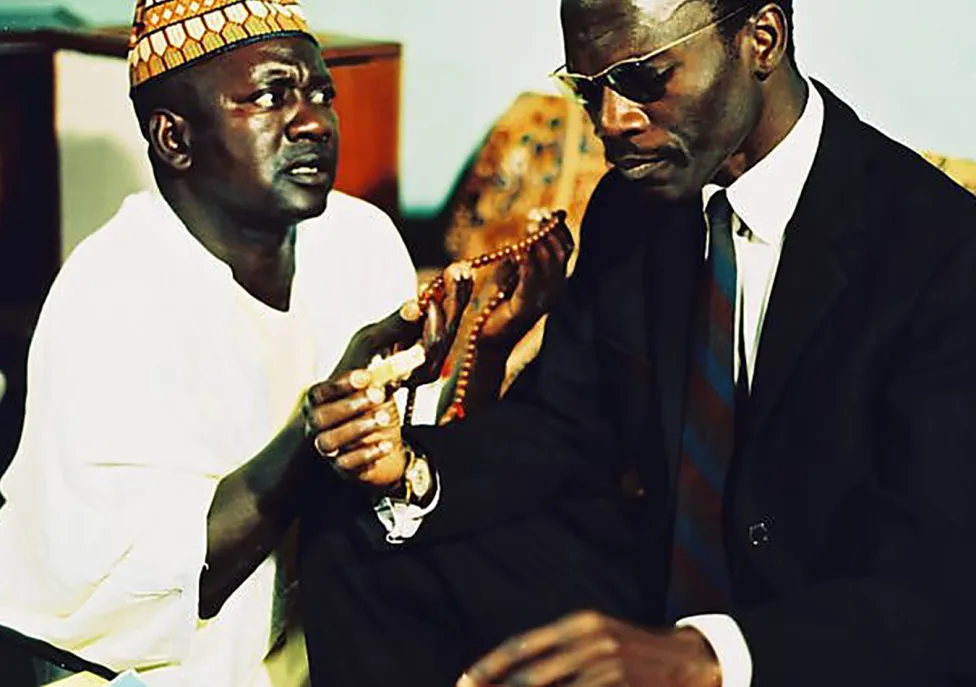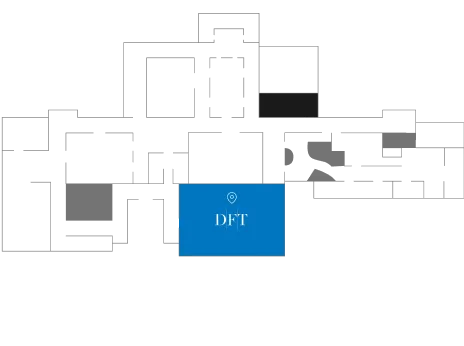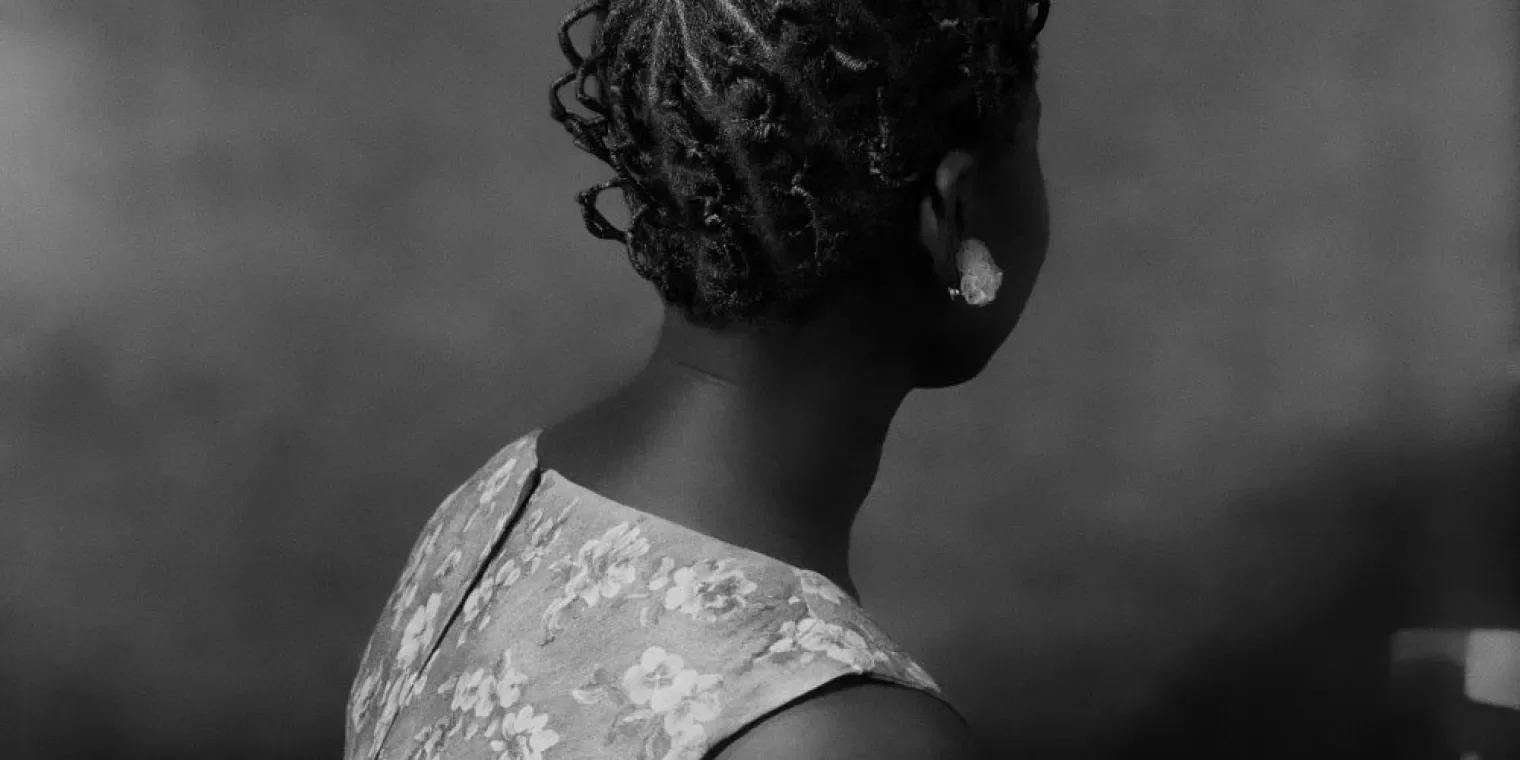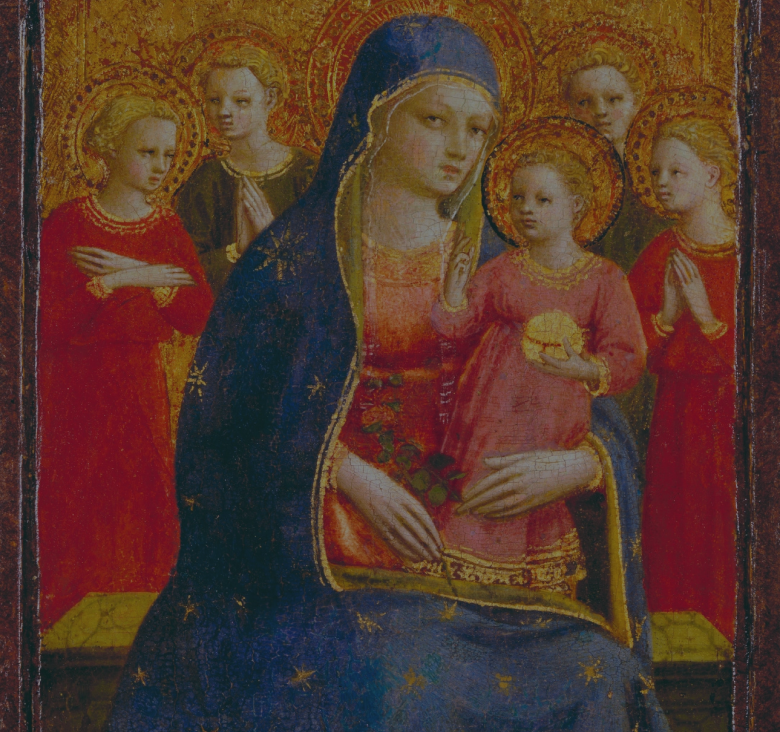
Mandabi (The Money Order)
Ticket Details
Detroit Film Theatre

Follow the signs for the Theater Entrance from the parking lot.
Senegal/1968—directed by Ousmane Sembène | 91 minutes
This second feature by Ousmane Sembène was the first movie ever made in the Wolof language—a major step toward the realization of the trailblazing Senegalese filmmaker’s dream of creating a cinema by, about, and for Africans. After jobless Ibrahima Dieng receives a money order for 25,000 francs from a nephew who works in Paris, news of his windfall quickly spreads among his neighbors, who flock to him for loans even as he finds his attempts to cash the order stymied in a maze of bureaucracy, and new troubles rain down on his head.
One of Sembène’s most coruscatingly funny and indignant films, Mandabi—an adaptation of a novella by the director himself—is a bitterly ironic depiction of a society scarred by colonialism and plagued by corruption, greed, and poverty. In Wolof and French with English subtitles.
“Sembène’s classic 1968 feature about colonialism resonates today.” – Peter Bradshaw, The Guardian
The Detroit Film Theatre presents this series of films by African directors, working in Africa and Europe during the 1960s and 1970s, in conjunction with the DIA special exhibition James Barnor: Accra/London.
Mandabi (The Money Order)
Ticket Details
Detroit Film Theatre

Follow the signs for the Theater Entrance from the parking lot.


